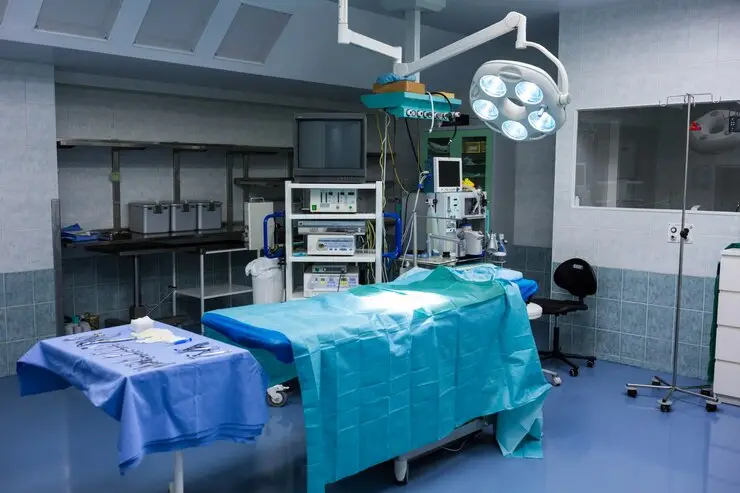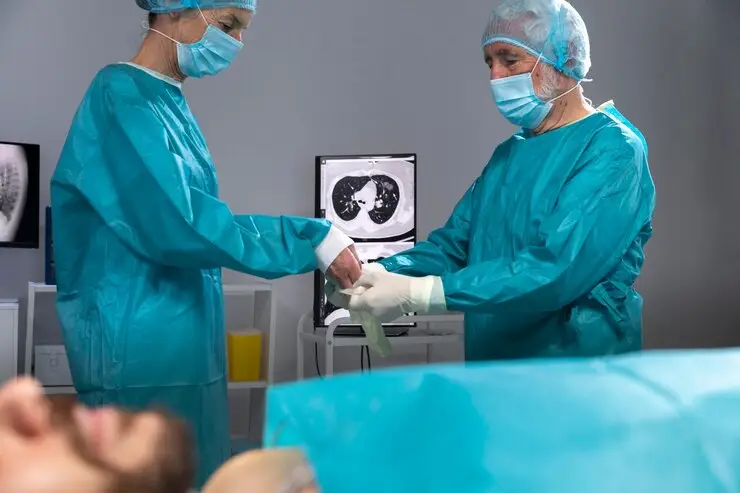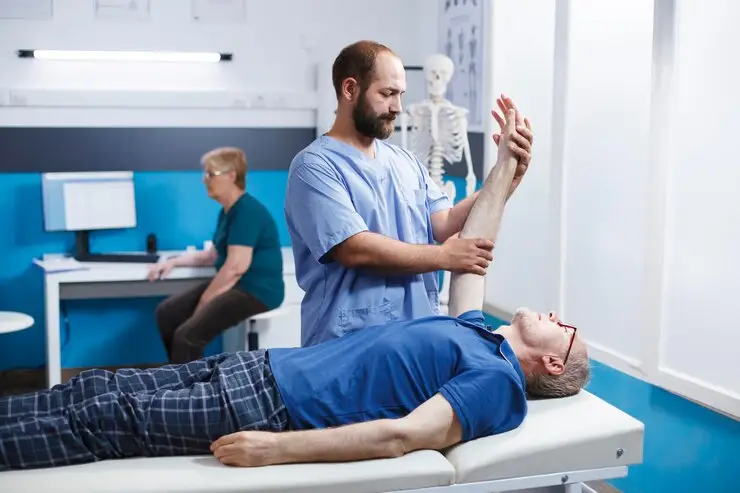Patient Journey at Roy Surgical Services
At Roy Surgical Services

Surgery/Procedure
With Your Doctor
Smoking
If you smoke, try to quit or significantly reduce your smoking in the weeks leading up to surgery. Smoking increases the risks associated with surgery and can delay recovery.
Dental & Other Health Concerns
Address any dental, gum, bladder, or bowel issues before surgery, as untreated problems may increase the risk of infection after surgery.
Medication Review
Be sure to discuss all medications you are currently taking with both your surgeon and your general practitioner. Some medications may need to be discontinued prior to surgery, while others may be adjusted.
Blood Management
Your doctor will review your options for blood management, such as donating your own blood, utilizing medical interventions, or considering alternative treatments prior to surgery in case a transfusion is necessary.
Balanced Diet
Maintain a well-balanced diet, rich in nutrients, and consider taking a daily multivitamin with iron if recommended by your doctor.
Weight Management
If you are overweight, your doctor may recommend losing weight before surgery. However, do not start a restrictive diet during the month leading up to your procedure, as proper nutrition is essential for healing.
Aspirin & Anti-inflammatory Medications
If you take aspirin or any anti-inflammatory drugs, stop taking them at least one week before surgery to reduce the risk of excessive bleeding during the procedure.
Infections
Inform your doctor of any infections, as surgery may be postponed until you are fully recovered to prevent complications.
Home Planning

Help with Daily Tasks
Arrange for a family member, friend, or professional caregiver to assist with daily activities such as cooking, shopping, and laundry while you recover.

Rearrange for Accessibility
Place items you frequently use within easy reach to avoid excessive bending or stretching during your recovery.

Furniture Adjustment
Ensure you have a stable, comfortable chair with a firm cushion, good back support, and armrests for easier movement in and out of the chair.

Fall Prevention
Remove loose rugs and secure any loose wires or cords to prevent falls.

For the Day of Surgery
Eating and Drinking
Avoid eating or drinking anything on the trip home. The combination of anesthesia, food, and car movement can increase the likelihood of nausea or vomiting. Once you’re home, wait until you feel hungry before attempting to eat. Start with a light meal and avoid greasy foods for the first 24 hours to help prevent nausea.
Transportation
Arrange for someone to drive you home after the procedure, as you will not be able to drive for at least 24 hours following surgery due to the effects of anesthesia.
Elevate the Affected Area
If your surgery was on an extremity (such as your arm, hand, leg, knee, or foot), keep the affected area elevated as instructed. Applying ice can help reduce swelling and pain.
Pain Management
Take your prescribed pain medication as directed. Start taking it as soon as you feel uncomfortable, but before the pain becomes severe. Waiting too long to take your medication may make it harder to control the pain effectively.
Schedule a virtual or presential appointment today

